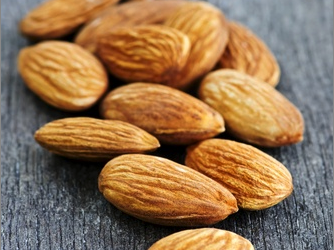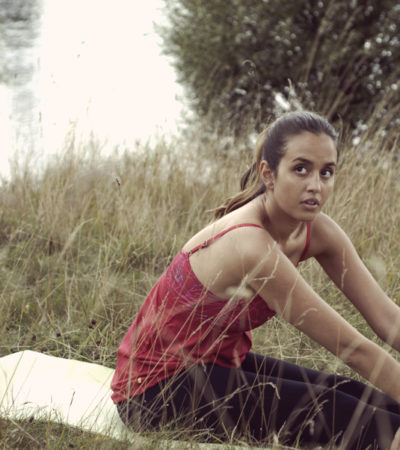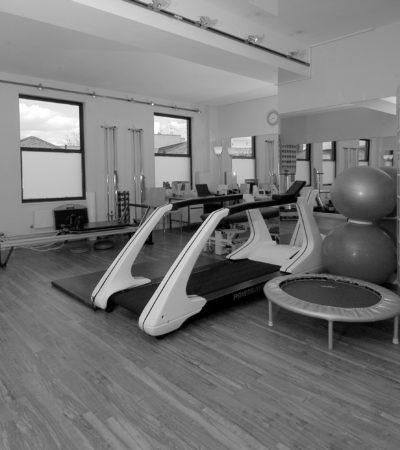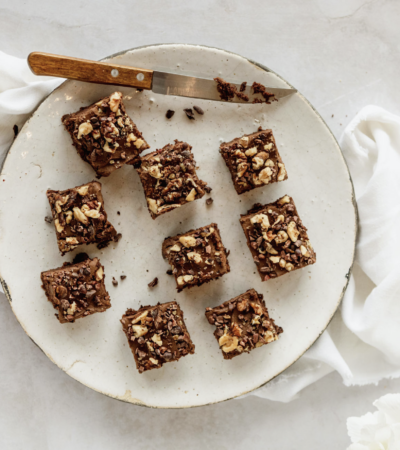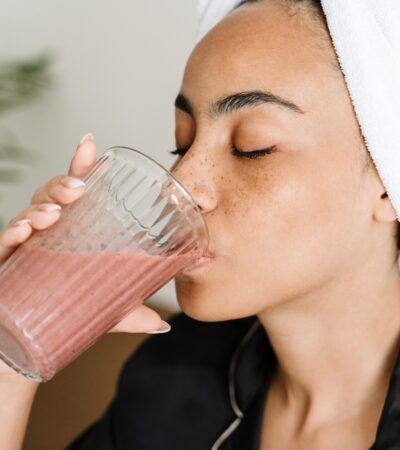words by Kathleen Flemming
Our skeleton is made up of 206 bones, all of which have their own unique functions. All of these bones work together to provide our structural support system, keeping our body upright and allowing us to move with ease. Without strong and healthy bones, we wouldn’t be able to stand up straight or walk properly, things we so often take for granted when we are young.
Many people don’t realise that our bones are continuously broken down and then rebuilt in tiny amounts. When we are young, our bones are always rebuilding themselves but at around the age of 30, everything changes – our bones reach their peak density and then begin to break down faster than they build up. If bones aren’t strengthened before this critical age, there is a higher risk of developing osteoporosis (porous bone disease).
Osteoporosis, often thought of as a disease affecting grannies, is becoming increasingly common among younger people, especially women. Today, there are more and more cases of women in their 20s and 30s suffering bone fractures and complications from early onset of osteoporosis. Although it is thought that there is a genetic element to some cases of osteoporosis, the alarming younger onset is thought to be related to lifestyle. The best insurance against osteoporosis is building the highest bone density possible before you reach the big 3-0 and then trying to minimise bone loss after that.
But maintaining strong, healthy bones goes beyond prevention of osteoporosis. Strong bones are also important for good posture which enables us to hold ourselves upright. This in turn has all sorts of positive benefits including being able to breathe better as well as look better (standing up straight can make us look taller and slimmer!). In addition, healthy bones support movement and if you enjoy your morning run or love doing yoga, a strong frame will keep you moving easily for many more years to come. And lastly bones (more specifically bone marrow) produce red blood cells which play all sorts of critical roles in the healthy functioning of our beautiful bodies.
Here are H&H’s top tips on building strong bones and maintaining your healthy skeleton …….
Eat Green Foods
We know it sounds a little bit like a stuck record but leafy greens such as kale, watercress and bok choy, are jam packed full of nutrients, especially calcium and magnesium. Calcium is the main nutrient required for bone-building while magnesium is essential for healthy functioning of the parathyroid glands, which produce hormones essential for bone health.
Other essential nutrients for healthy bones include vitamin K and potassium, both of which are found in those gorgeous green foods! Vitamin D (see below) and protein are also important so ensure you add some quinoa, nuts (such as almonds or cashew nuts) or seeds on top of those leafy green salads (try our Ultimate Kale Salad for some awesome bone food).
Get Out in the Sunshine
Vitamin D is another crucial nutrient for strong bones. It is as important as calcium because without it, calcium cannot be properly absorbed by the body. The best way to ensure that your body has enough vitamin D, is by getting out in the sunshine (in case you need another excuse for a holiday in the sun). Obviously frying yourself in the midday sun isn’t good for you, but getting some exposure to direct sunlight on a regular basis is important for sufficient production of vitamin D. You can also get small amounts of vitamin D from food sources such as wild oily fish (salmon and mackerel ) as well as eggs.
Unfortunately, due to our Nothern European climate (cold, cloud and rain) many people in the UK have a vitamin D deficiency. There are plenty of supplements available to top up your vitamin D but look for one that provides vitamin D3 which is more effective (read H & H’s guide to getting enough vitamin D). If you are concerned about your vitamin D levels, you can ask your doctor for a test and they can give you appropriate advice.
Do Strength and Resistance Exercises
Due to our modern lifestyles a lot of us spend the majority of our days sitting down. Our sedentary lifestyles mean that we under-utilise our bones and just like muscles, our bones start to weaken if we don’t use them enough – it’s another case of ‘use it or lose it.’ However, don’t despair if your job requires you to sit down a lot. Resistance exercises can provide an antidote to hours of sitting and can make all the difference in keeping your skeleton strong. If the thought of lifting heavy dumbbells in the gym makes your bones shake with fear, don’t worry – resistance exercises can also take the form of yoga, pilates and other body weight exercises which you can do in the comfort of home. Doing exercises on Power Plates is also thought to help with improving bone density (read H & H’s review of Power Plating).
Ditch the Bone Thieves
Some of the worst offending bone thieves are fizzy drinks, alcohol and refined table salt. These bone thieves cause calcium to be excreted from our bodies more quickly than normal. The result of this is that our body then has to search for more calcium to keep blood levels healthy and so it looks to our bones where calcium is stored. Calcium is then excreted from the bones to balance the calcium levels in the blood. The end result is that without sufficient calcium, our bone density will suffer which can potentially lead to health issues such as osteoporosis (another good reason to give up the diet cola habit).
And what about DAIRY?
We’ve all seen those adverts promoting bone and teeth health via the medium of drinking milk. Although dairy products such as milk and yogurt do contain plenty of calcium, fortunately for vegans and dairy-free friends they are not the only way to get your calcium fix. In fact, our earliest ancestors didn’t drink cow’s milk at all but got their necessary calcium from calcium-rich greens. More and more nutrition experts now believe that a lot of dairy is actually not good for us and we can get enough calcium from plant-based sources such as leafy greens, nuts, seeds and even oats. Plus as explained earlier, calcium is only one of the many nutrients required for healthy bones and the other important nutrients are can all be found in dairy-free foods.

